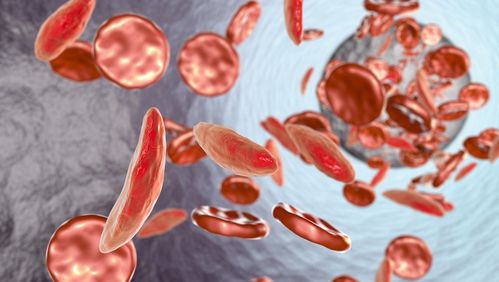Menopause is a stage commonly faced by middle-aged women, during which women’s bodies and minds will undergo a series of changes. The body’s metabolism slows down, which may be accompanied by symptoms such as hot flashes, irregular menstruation, and urinary tract infections. Increased facial pores and more pigmentation are also common occurrences. The urinary system may experience frequency, urgency, and even affect cardiovascular health, while the risk of osteoporosis also increases. Mentally, menopausal women may feel tired, dizzy, experience significant mood swings, have difficulty concentrating, and need to pay attention to their mental health.
When facing menopause, a proper diet is crucial. It is advisable to choose low-fat, low-salt, low-sugar, low-calorie foods, ensure three regular and balanced meals a day, reduce snacking, focus on calcium and vitamin supplementation to counteract the effects of decreased estrogen. Moderate exercise can enhance physical fitness, improve blood circulation, and an optimistic mindset is a great way to resist aging. Regular sleep habits should not be overlooked, as they help in restoring energy and vitality.
In terms of diet, legumes contain isoflavones similar to estrogen, which are beneficial in relieving menopausal symptoms; fish and shellfish are rich in quality proteins, aiding in boosting immunity; fruits, vegetables, and coarse grains are rich in fiber, promoting digestion and cholesterol elimination; calcium-rich foods like milk and fish help prevent osteoporosis.
To better navigate menopause, maintaining exercise routines, keeping a positive mood, sustaining a harmonious sexual life, appropriately supplementing estrogen, and focusing on ovarian health are all crucial. Through these comprehensive measures, women can alleviate discomfort during menopause and enhance their quality of life.


